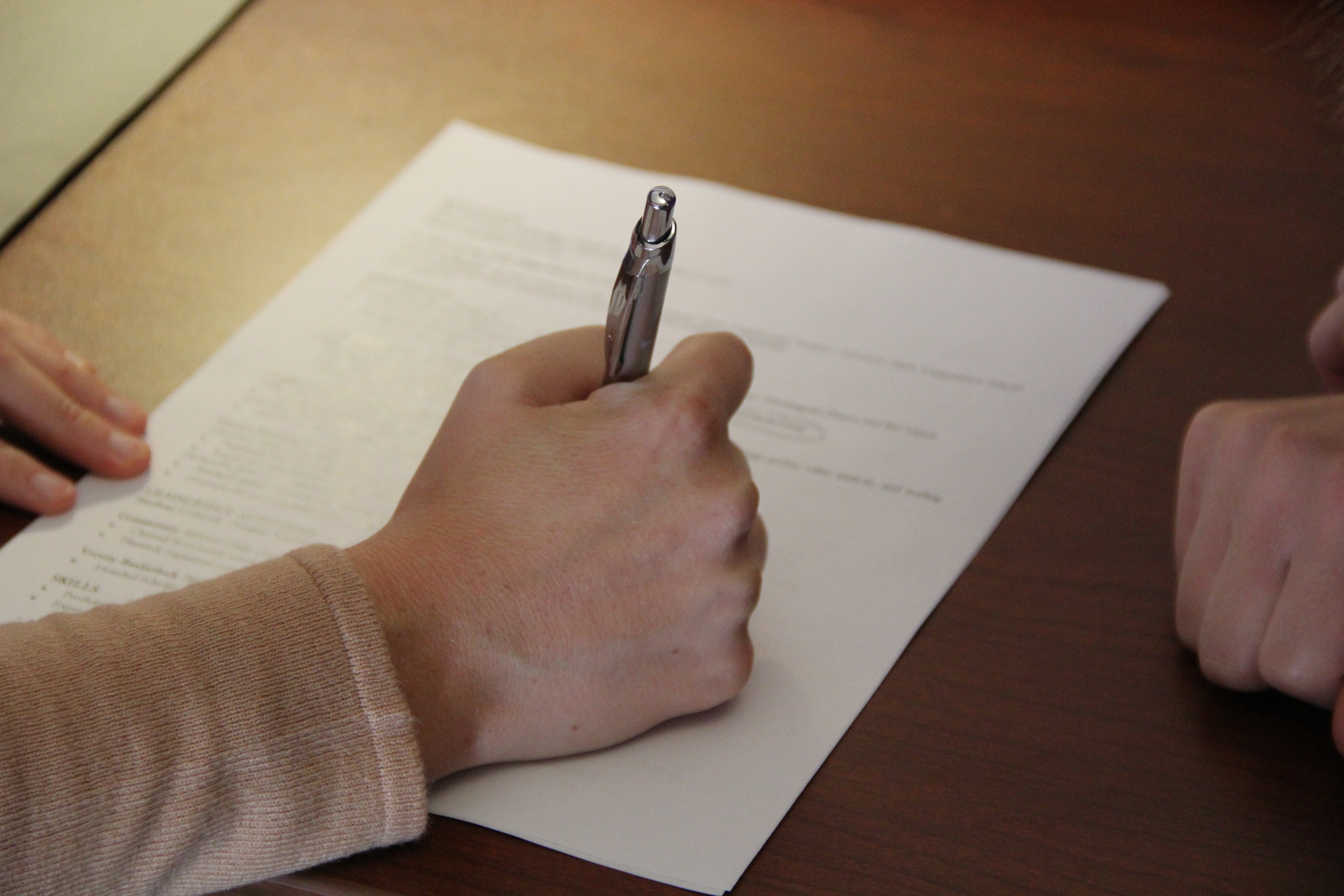Resume & Cover Letter Toolkit
Once you've found a job or internship opportunity that interests you, your next step is to craft effective application materials.
Use the tools below to learn how you can write strong resumes and cover letters! Our resume and cover letter guides also include sample documents you can use as a model.
For a detailed review of your materials, make an appointment with your career adviser.
Looking for interview resources? Visit Career Advancement's Interview Toolkit!

Resumes & CVs
A resume is a snapshot of your skills and experience. Nearly all job and internship applications will require a resume. Resumes do not have to be an exhaustive list of everything you've done. Instead, you'll want to summarize the experiences and accomplishments that are most relevant to the opportunity you're applying for. You'll get the best results if you tailor your resume to each position.
The guides below will explain how you can create a strong resume. You can also download a resume template to save time on formatting.
Some positions may require a curriculum vitae, or CV. You can think of CVs as an academic resume - CVs are commonly required for academic research positions and graduate school programs. Since they have some differences from traditional resumes, Career Advancement has a separate guide dedicated to CVs.
Cover Letters & Personal Statements
Cover letters are documents where you briefly explain how your skills and experience qualify you for a specific opportunity. They are often required for job and internship applications.
A cover letter gives an employer a sample of your ability to write clearly and concisely. It is your chance to expand on your most relevant experience as well as show your enthusiasm for and interest in the position. You are more likely to be invited for an interview if you tailor your cover letter to each position rather than using a form letter.
Some opportunities may require a personal statement. You might be required to write these for graduate schools, fellowships, and some career programs. Whereas cover letters focus more on your ability to do a specific job, you will typically use a personal statement to explain your goals and how this opportunity will help you advance them.
View these guides to learn how you can create effective cover letters and personal statements: